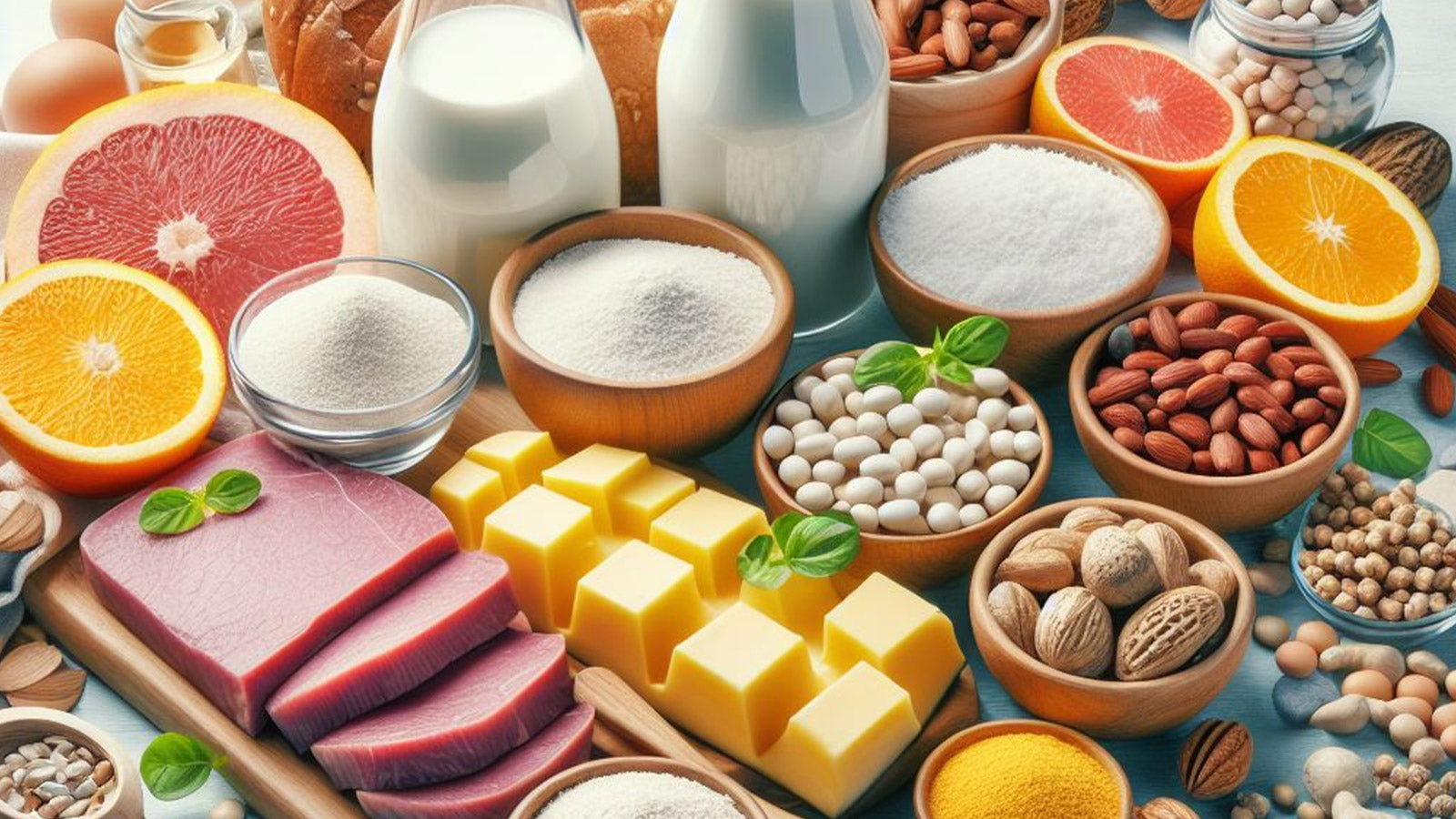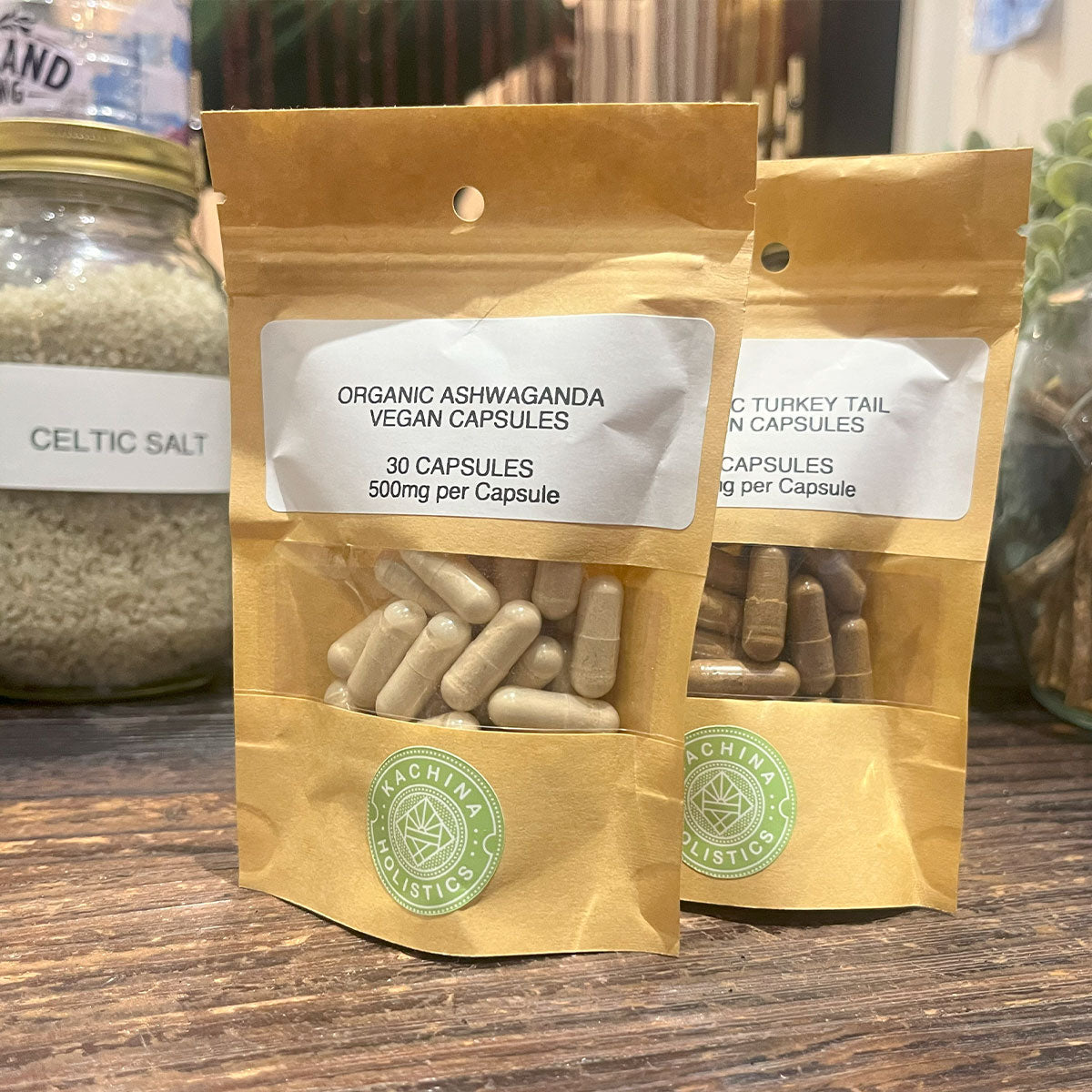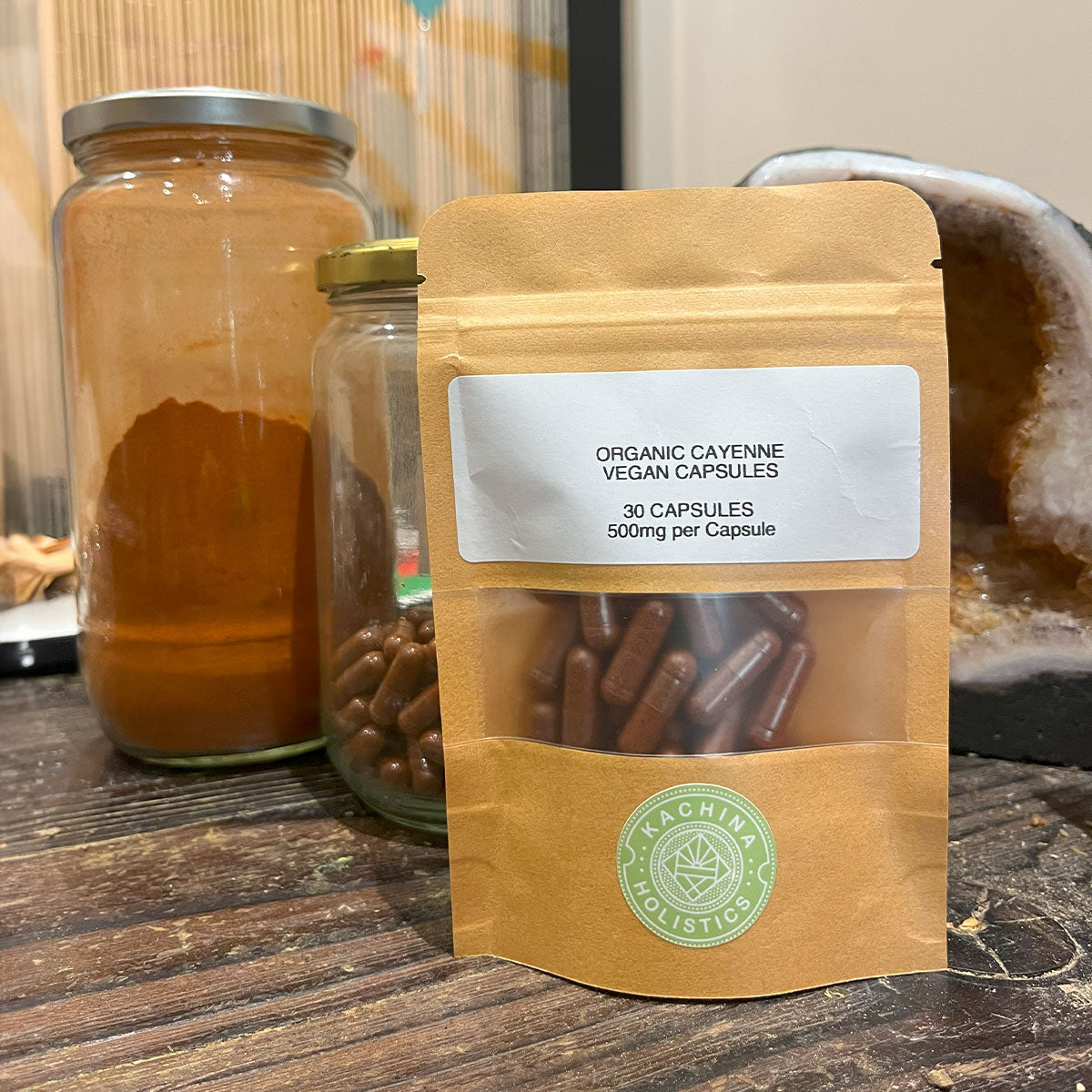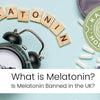What Are Amino Acids? Food Sources & Health Benefits

Amino acids are the building blocks of life, playing a crucial role in numerous bodily functions. This article explores the different types of amino acids, their food sources, and the health benefits they offer.
What are Amino Acids?
Amino acids are organic compounds composed of nitrogen, carbon, hydrogen, and oxygen, along with a variable side chain group. Your body needs 20 different amino acids to grow and function properly. Though all 20 of these are important for your health, only nine amino acids are classified as essential.
Essential Amino Acids and Their Food Sources
Your body makes hundreds of amino acids, but it can’t make nine of the amino acids you need. These are called essential amino acids. You must get them from the food you eat. The nine essential amino acids are:
- Histidine: Histidine helps make a brain chemical (neurotransmitter) called histamine. Histamine plays an important role in your body’s immune function, digestion, sleep and sexual function. It is found in meat, fish, poultry, nuts, seeds, and whole grains.
- Isoleucine: Isoleucine is involved with your body’s muscle metabolism and immune function. It also helps your body make hemoglobin and regulate energy. It is rich in chicken, eggs, fish, lentils, almonds, and cashews.
- Leucine: Leucine helps your body make protein and growth hormones. It also helps grow and repair muscle tissue, heal wounds and regulate blood sugar levels. It is abundant in dairy, soy, beans, and legumes.
- Lysine: Lysine is involved in the production of hormones and energy. It’s also important for calcium and immune function. It is high in meat, eggs, soy, black beans, quinoa, and pumpkin seeds.
- Methionine: Methionine helps with your body’s tissue growth, metabolism and detoxification. Methionine also helps with the absorption of essential minerals, including zinc and selenium. It is found in eggs, grains, nuts, and seeds.
- Phenylalanine: Phenylalanine is needed for the production of your brain’s chemical messengers, including dopamine, epinephrine and norepinephrine. It’s also important for the production of other amino acids. It is present in dairy, meat, poultry, soy, fish, beans, and nuts.
- Threonine: Threonine plays an important role in collagen and elastin. These proteins provide structure to your skin and connective tissue. They also help with forming blood clots, which help prevent bleeding. Threonine plays an important role in fat metabolism and your immune function, too. It is rich in cottage cheese, poultry, fish, lentils, and sesame seeds.
- Tryptophan: Tryptophan helps maintain your body’s correct nitrogen balance. It also helps make a brain chemical (neurotransmitter) called serotonin. Serotonin regulates your mood, appetite and sleep. It is found in turkey, cheese, tofu, bananas, and oats.
- Valine: Valine is involved in muscle growth, tissue regeneration and making energy. It is abundant in cheese, peanuts, mushrooms, whole grains, and vegetables.
Your body produces the rest of the 11 amino acids you need. These are called nonessential amino acids. The nonessential amino acids are alanine, arginine, asparagine, aspartic acid, cysteine, glutamic acid, glutamine, glycine, proline, serine and tyrosine.
Some nonessential amino acids are classified as conditional. This means they’re only considered essential when you’re ill or stressed. Conditional amino acids include arginine, cysteine, glutamine, tyrosine, glycine, ornithine, proline and serine.
What Foods Contain Amino Acids?
Essential amino acids can be found in many different foods. The best sources of amino acids are found in animal proteins such as beef, poultry and eggs. Animal proteins are the most easily absorbed and used by your body.
Foods that contain all nine essential amino acids are called complete proteins. These foods include beef, poultry, fish, eggs, dairy, soy, quinoa and buckwheat.
Foods that contain some but not all the essential amino acids are called incomplete proteins. These foods include nuts, seeds, beans and some grains. If you follow a vegetarian or vegan diet, you need to include several types of incomplete proteins in order to ensure you’re consuming all nine essential amino acids.
What do Amino Acids Do?
Your body uses amino acids to make proteins. The different types of amino acids and the way they’re put together determine the function of each protein. So, amino acids are involved in many important roles in your body. Amino acids help:
- Break down food.
- Grow and repair body tissue.
- Make hormones and brain chemicals (neurotransmitters).
- Provide an energy source.
- Maintain healthy skin, hair and nails.
- Build muscle.
- Boost your immune system.
- Sustain a normal digestive system.
How Many Amino Acids Do I Need?
You don’t need to eat foods with amino acids at every meal, but it’s important to get a balance of them throughout your day. The recommended daily allowance for every 2.2 pounds of body weight for each of the essential amino acids are:
- Histidine: 14 milligrams
- Isoleucine: 19 milligrams
- Leucine: 42 milligrams
- Lysine: 38 milligrams
- Methionine: 19 milligrams
- Phenylalanine: 33 milligrams
- Threonine: 20 milligrams
- Tryptophan: 5 milligrams
- Valine: 24 milligrams
The Structure of an Amino Acid
An amino acid is an organic chemical. Organic chemicals contain carbon-hydrogen bonds. All amino acids have the same basic structure. Each molecule has a central carbon atom linked together with a basic amino group, a carboxylic acid group, a hydrogen atom and an R-group, or side-chain group. The R-group is what sets the amino acids apart. The R-group determines each amino acid’s chemical nature. The chemical nature controls how it’ll interact with other amino acids and its environment.
The amino acids link together with peptide bonds and become proteins. Then, the forces of other amino acids and the effects of their R-groups fold the protein into specific three-dimensional shapes.
Health Benefits of Amino Acids
Amino acids are vital for a variety of bodily functions. Here are some of the key benefits:
- Protein Synthesis and Muscle Building: Amino acids like leucine stimulate muscle protein synthesis and may promote muscle growth.
- Enhanced Exercise Performance: Amino acids can help improve workout performance and reduce muscle fatigue.
- Improved Mood and Sleep: Tryptophan is needed for the production of serotonin, a chemical that acts as a neurotransmitter in your brain and can improve mood and sleep.
- Boosted Immune System: Amino acids like lysine and arginine play a role in immune function.
Should I Take Amino Acid Supplements?
You can usually get all the essential amino acids your body needs by eating a healthy, balanced diet. Some people take amino acid supplements to get better sleep, improve their mood and enhance athletic performance. But the U.S. Food and Drug Administration (FDA) has not approved these supplements. You should speak with your healthcare provider before starting any supplements, including amino acid supplements.
Conclusion
Amino acids are a vital part of our diet, contributing to our overall health and well-being. By incorporating a variety of foods into our diet, we can ensure we’re getting a good mix of essential amino acids.
Remember, it’s always best to consult with a healthcare professional or a registered dietitian before making any significant changes to your diet.










